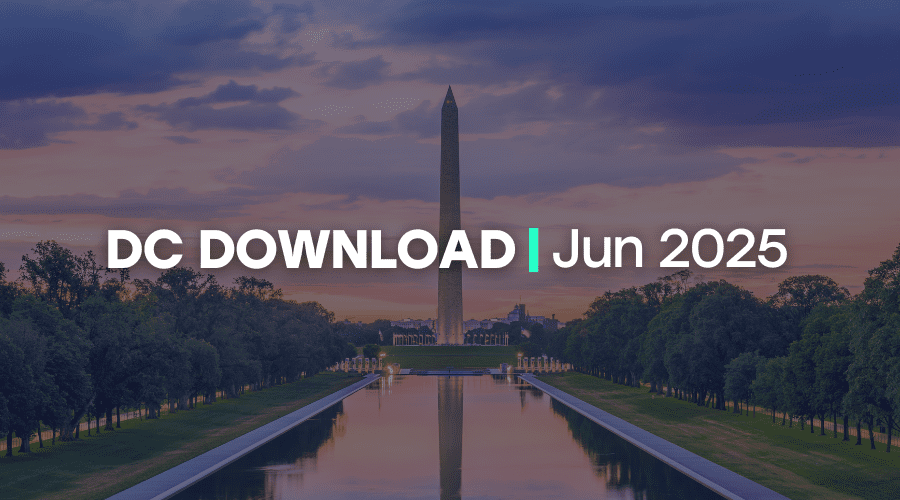The 2018 midterm elections resulted in the largest midterm voter turnout our country has seen in 100 years. People showed up in record numbers to send a message to policymakers about the values and issues important in their lives. As a result, policymakers became more diverse and representative of the communities they serve. Thank you, nonprofits, for making this outcome possible.
It may surprise many to credit this huge shift to nonprofits. After all, the Johnson Amendment prohibits 501(c)(3) organizations from engaging in partisan, electoral activity. But here’s a hypothesis: Nonprofits were critically influential in 2018 elections because the Johnson Amendment protects our greatest asset, public trust.
The U.S. saw the most extreme decline in trust of institutions of any country between 2017 and 2018. Media is the least trusted institution, falling behind nonprofits, business, and government. In contrast, nonprofits have one of the highest rates of trust in country, grounded in our nonpartisan expertise and a public commitment to the common good.
It is precisely the public’s trust in nonprofits that allows us to influence public discourse, policy, and elections. Our institutions and expertise are seen as credible, allowing our voice and actions to have an outsized impact in the policy and political arenas. For example, studies show nonprofits are the most effective institutions at mobilizing voters because of our trusted reputations that place community well-being and a commitment to problem-solving above political or private interests. Organizations ranging from Nonprofit VOTE to local YMCAs led campaigns to register voters, educate citizens about their voting rights, and remove barriers to voting (through advocacy and direct services). Nonprofits also used their advocacy voice to help citizens better understand the issues debated by candidates. Nonprofits invested their credibility and voice to supporting democracy this year and we have record voter turnout to show for it.
In contrast, the public mistrust of media may serve as a cautionary tale for the nonprofit sector. A study from the John S. and James L. Knight Foundation shows that a perception of partisan bias has tainted the public’s trust in the media – driving it to an all-time low. “Americans’ perceptions of the news media are generally negative and their perceptions of bias have grown considerable from a generation ago. A majority cannot name an objective news source.” Maybe that’s why 50 percent of the population doesn’t even engage with the news, anymore. Civil society and our democracy cannot afford for nonprofits to succumb to the same fate.
An old trope is that politicians only care about two things: money and votes. As we look for ways for nonprofits to increase their influence in the policy arena, our proven ability to mobilize voters may be our strongest tool. However, voter mobilization may be predicated on the public’s trust that we serve them rather than political parties. The Johnson Amendment guarantees that this is true.
Congress is currently considering proposals to weaken the Johnson Amendment as a part of a 2019 annual funding bill. Please contact your member of Congress and let them know why preserving the public’s trust in our institutions is critical to our ability to accomplish our missions and strengthen democracy.



